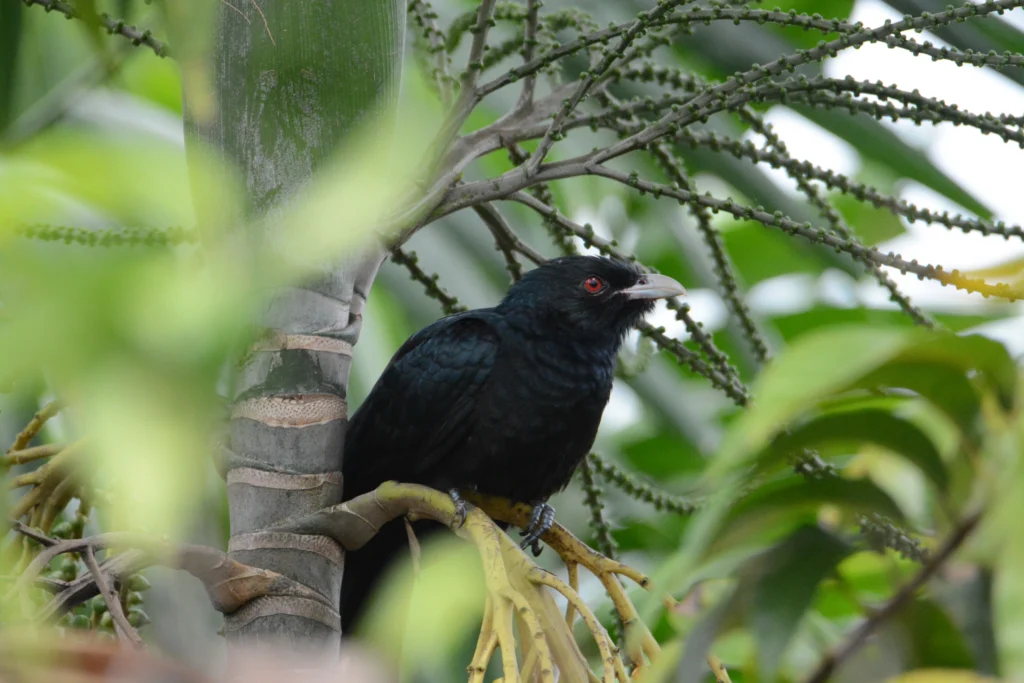Surveying home garden bird nesting in Wasgamuwa, Sri Lanka
This project focus on assessing the nesting patterns of bird species within human-modified landscapes, particularly home gardens. The aim was to identify species diversity, nesting preferences, and the influence of anthropogenic factors on nesting success. The study addressed a critical knowledge gap in understanding how birds adapt their reproductive strategies in semi-urban and village environments.

The study recorded in home gardens nests of 13 bird species, with a 60% nesting success rate and 31 successful fledges. Mango, Orange, and Guava trees were the most used for nesting. Nests in quiet areas with dense shrubbery had higher success, and community protection improved fledging outcomes. Landscaping features like dense hedges encouraged nesting.
The study highlights the conservation value of home gardens, raises community awareness of native birdlife, and provides baseline data for future urban-nature studies in Sri Lanka. It also identified key features that support urban nesting, aiding bird-friendly planning.
Next steps include expanding the study to assess nest predators and microhabitats. Community engagement through training sessions for students and residents will continue to play a key role in data collection and conservation.
We offer individuals and families a rare opportunity to work alongside scientists, conservationists, educators, community partners, and local villagers deep within the heart of beautiful Sri Lanka. Whether you’re traveling alone or with a group, for fun or for business, our programs offer a wide variety of options to meet your needs and fulfill your interests while helping to support our critical conservation and research work.